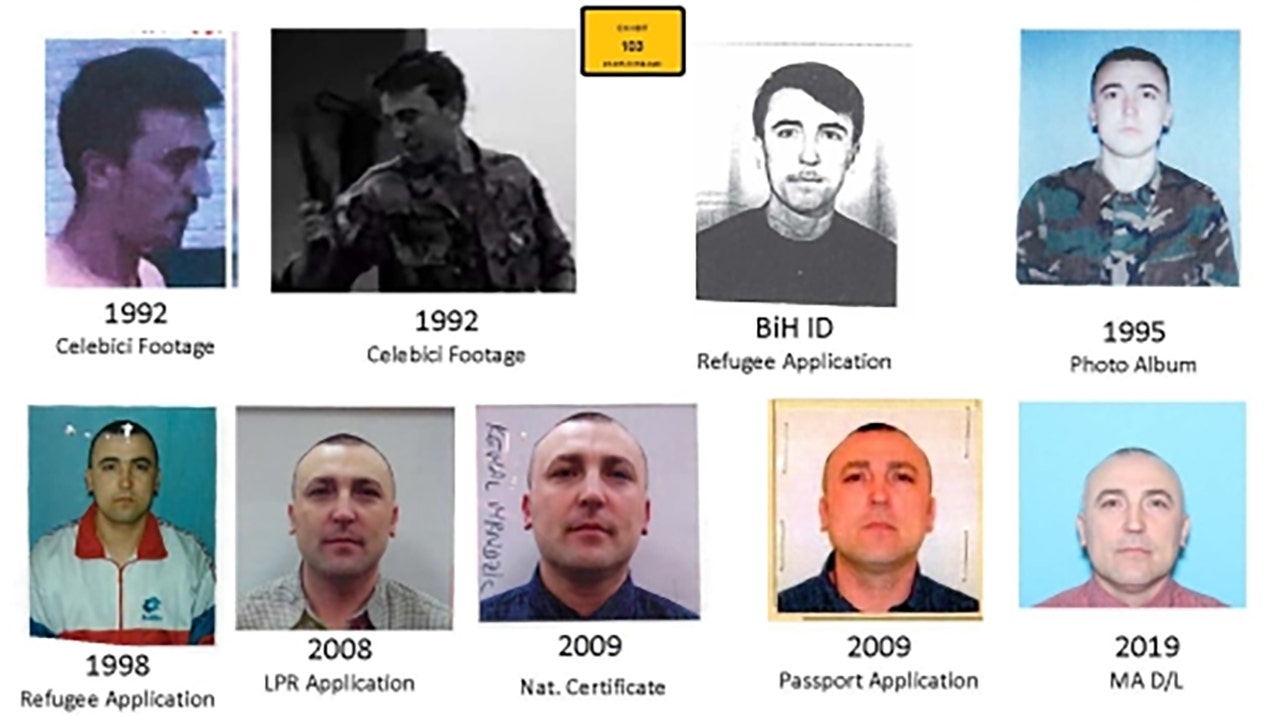A pro-war Russian military blogger died on Wednesday, his lawyer said, after the blogger wrote the country’s military pressured him to remove a post exposing the scale of its losses in a recent battle in Ukraine.
The blogger, Andrei Morozov, claimed in his post that Russia had lost 16,000 men and 300 armored vehicles in its assault on the Ukrainian city of Avdiivka, which the Russians captured last week. He deleted the post on Tuesday after what he said was a campaign of intimidation against him.
The following morning, Mr. Morozov published a series of posts on Telegram outlining the complaints he had received from Russian military command and Kremlin propagandists about his exposé. In the posts, he threatened to end his life.
His lawyer, Maksim Pashkov, confirmed the death in a written response to questions. He did not specify a cause.
Mr. Morozov’s death was reported earlier on Wednesday by Russian state media, a pro-Russian official in occupied Ukraine, and various prominent Russian military bloggers, a loose community of veterans, pro-government war correspondents and military experts who have become a major source of information about the war in Russia.
Such critical ultranationalist bloggers were initially tolerated in the war: They supported the Russian military and raised attention to problems for its troops. But they have been suppressed following the mutiny last year of Yevgeny V. Prigozhin, who built the paramilitary force known as Wagner and championed similar views.
Mr. Prigozhin died last August in a plane crash that Western officials have blamed on the Kremlin. Another prominent ultranationalist blogger, Igor Girkin, was jailed on charges of extremism, pushing other, lesser-known critics to largely toe the official line.
The intimidation described by Mr. Morozov, 44, also comes as the Russian government is attempting to stamp out remaining expressions of dissent following the death of the opposition leader Aleksei A. Navalny last week.
The government has detained hundreds of people for trying to lay flowers at impromptu memorials or expressing public tribute to Mr. Navalny in other ways. On Tuesday, the government said it had detained a dual U.S. and Russian citizen on an accusation of treason. A lawyers’ group said the accusation stemmed from a $50 donation to the Ukrainian war effort.
Also on Tuesday, Ukrainian officials confirmed the death of a Russian military defector, who was found dead with gunshot wounds in Spain. The Russian government has not assumed responsibility, but the head of Russia’s foreign spy agency on Tuesday called the victim, Maksim Kuzminov, a “moral corpse.”
The associates of Mr. Morozov, the blogger, have not alleged foul play in their public tributes, claiming he shot himself. But in the posts published shortly before his death, Mr. Morozov described threats and intimidation against him.
“Many people in my life have tried to threaten, pressure, convince me,” Mr. Morozov wrote in a post on Wednesday. “Their final argument: ‘You will not change anything!”
Mr. Morozov said he decided to delete the post about Avdiivka after receiving a request from an unnamed colonel, who told him that his unit would otherwise not receive new equipment.
“I am executing myself, if no one has the courage of doing this petty deed themselves,” Mr. Morozov added, in an apparent reference to his critics.
Federal Russian officials had not commented on his death by Wednesday afternoon.
Mr. Morozov, a staunch supporter of the invasion, said he publicized Avdiivka losses to bring attention to the plight of the Russian troops.
His posts describe a Russian campaign to take the city at any cost. He said that one regiment, a Russian Army unit that normally has around 2,000 soldiers, was “erased to a zero.” He also said that wounded soldiers who tried to convey the scale of the losses to civilian officials have been ignored.
Ukrainian commanders were able to lead the bulk of their forces out of Avdiivka before the Russians could encircle them, Mr. Morozov wrote. Senior American officials told The New York Times that hundred of Ukrainian soldiers were still captured in the retreat.
A longtime nationalist commentator, Mr. Morozov begun blogging on LiveJournal, which was popular in Russia in the 2000s. In those more permissive days, the site served as a platform for dissidents from across the political spectrum, including Mr. Navalny.
After Russia’s occupation of parts of eastern Ukraine in 2014, Mr. Morozov was part of a generation of ultranationalist intellectuals who traveled there to put into practice their ideas about the national unity of all Russian-speaking people. Many of them became prominent proponents of Russia’s full-scale invasion in February 2022, and targets of Ukrainian assassination plots.
Mr. Morozov served in a pro-Russian militia in the occupied Luhansk region and later begun publishing on Telegram under moniker “We Hear From Yanina,” a reference to news from afar from an Alexander Dumas book that was popularized in the Soviet Union. The blog combined ultranationalist rhetoric with criticism of perceived corruption and aloofness of the Russian leadership, which Mr. Morozov blamed for the country’s military setbacks.
Mr. Morozov was a rare remaining critical voice in the once boisterous, competitive community of Russian military bloggers. Despite his support for the Russian war effort, he appears to have been under no illusion about finding justice in his death.
“The official investigation will establish everything, ha ha,” he wrote in one of his final posts.
Oleg Matsnev contributed research.






